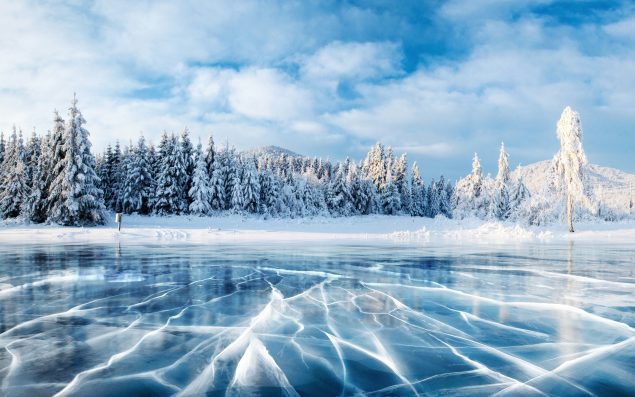Around two million years ago, our planet may have encountered cold, dense interstellar clouds of gas and dust that altered the climate, triggering a series of ice ages.
Previously, scientists have come up with a number of theories for the occurrences of ice ages, including volcanic eruptions, shifting plate tectonics, the Earth’s tilt/rotation, and carbon dioxide levels in the atmosphere. These are all environment-related changes.
Now, a team of scientists from Boston University has found that the reason for the Earth’s climate cooling down may be due to a shift in the solar system.
At that time, our early human ancestors lived alongside prehistoric animals, such as saber-toothed tigers, mastodons, and giant rodents. The planet was also in the middle of an ice age that only ended about 12,000 years ago.
The researchers think that the timing of the ice age could have been influenced by the position of our solar system in the galaxy.
Their findings suggest that the solar system might have encountered an interstellar cloud that was so dense that it interfered with the sun’s solar wind, which refers to a stream of charged particles that flow from the sun out past Pluto.
The solar wind makes up the heliosphere, which shields Earth’s surface from radiation and galactic rays that could potentially modify DNA. Many scientists believe this shield was what allowed for the evolution of life on Earth.
According to the latest paper, published in Nature Astronomy, the cold cloud of interstellar material compressed the heliosphere in such a way that Earth and the other planets in the solar system were removed from its protection for a short period.
The authors of the study created computer models to demonstrate the effect that interstellar dust on the heliosphere would have had on Earth.

Sign up for Chip Chick’s newsletter and get stories like this delivered to your inbox.


